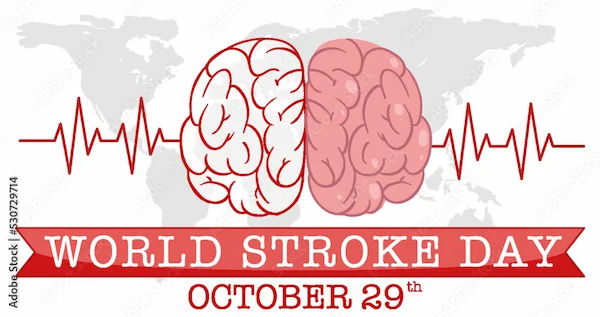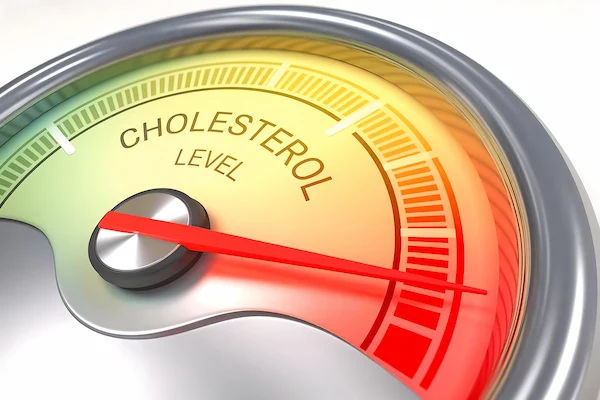- male
- 50 Years
- 22/01/2025
I'm dealing with high blood pressure, around 12090 most of the time, and I've got hyper acidity too. Whenever I get that acidity feeling, it seems like my BP shoots up, and I also have GERD. A doctor said I have LV hypertrophy but my echo test came back normal. What kind of treatments would you recommend for this?
Answered by 1 Apollo Doctors
It sounds like your high BP and acidity are connected, as stress from GERD and acidity can worsen hypertension. It's important to manage both with lifestyle changes, like a balanced diet, regular exercise, and medications as prescribed. For better control, consider antacids or PPIs for acidity, and BP medication to manage your levels. Regular follow-ups with your doctor are essential to monitor your heart and BP.
Dr. Ranjith Suggests...
Consult a Cardiologist
Answered 04/07/2025
0
0

More Cardiology Health Queries
View allI'm really worried because my ECG report says "old lateral infarct sinus rhythm." I'm not sure what that means exactly. Could you help me understand it? Should I be concerned or take any specific actions?
The ECG report indicating an old lateral infarct means that there was a previous heart attack that affected the lateral (side) part of the heart. Sinus rhythm refers to the normal heart rhythm. It is important to follow up with your healthcare provider for further evaluation and management. In the meantime, you may be prescribed medications like Aspirin and Clopidogrel to prevent blood clots, as well as a beta-blocker like Metoprolol to reduce the workload on the heart. It is also important to make lifestyle changes such as following a heart-healthy diet, exercising regularly, and avoiding smoking.
Answered by 1 Apollo Doctors
I had an AVR with a mechanical valve about 9 years ago and I'm wondering about my life expectancy now. I make sure to go for my yearly checkups, and my last echo showed an EF of 60, LVDD of 50mm, LA 36mm, with PW and IVS at 1.1cm. My INR level is 2.87. Could you give me some insights on these numbers and what they mean for my future?
With a mechanical valve replacement, it is important to maintain a stable INR to prevent complications such as thrombosis or bleeding. Your current INR of 2.87 is slightly higher than the recommended range for mechanical valves, which is usually between 2.0 to 3.0. It is good that you are going for yearly checkups to monitor your condition. To help manage your INR within the target range, you can consider using Warfarin (Coumadin) at a dosage prescribed by your healthcare provider. Regular monitoring and adjustments to your medication may be necessary to keep your INR within the desired range and reduce the risk of complications. As for life expectancy after AVR with a mechanical valve, it can vary depending on various factors including overall health, adherence to medication, lifestyle factors, and regular follow-up care. It is essential to continue with your yearly checkups and follow your healthcare provider's recommendations for optimal management of your condition.
Answered by 1 Apollo Doctors
I'm sitting on a chair, and my heart rate is around 94-95. When I take a moderate walk, it jumps to 130, but I don't feel any discomfort. This has been happening for about 20 days now. In the past, my resting heart rate used to be between 75-80. Should I be worried about this?
This change in your heart rate could be due to various reasons such as stress, anxiety, dehydration, caffeine intake, or even certain medications. However, it is important to rule out any underlying medical conditions. I recommend you to take Tab Metoprolol 25mg once daily to help regulate your heart rate. Additionally, make sure to stay hydrated, reduce caffeine intake, and monitor your heart rate regularly. If you experience any chest pain, dizziness, or shortness of breath, seek immediate medical attention.
Answered by 1 Apollo Doctors
Disclaimer: Answers on Apollo 247 are not intended to replace your doctor advice. Always seek help of a professional doctor in case of an medical emergency or ailment.





